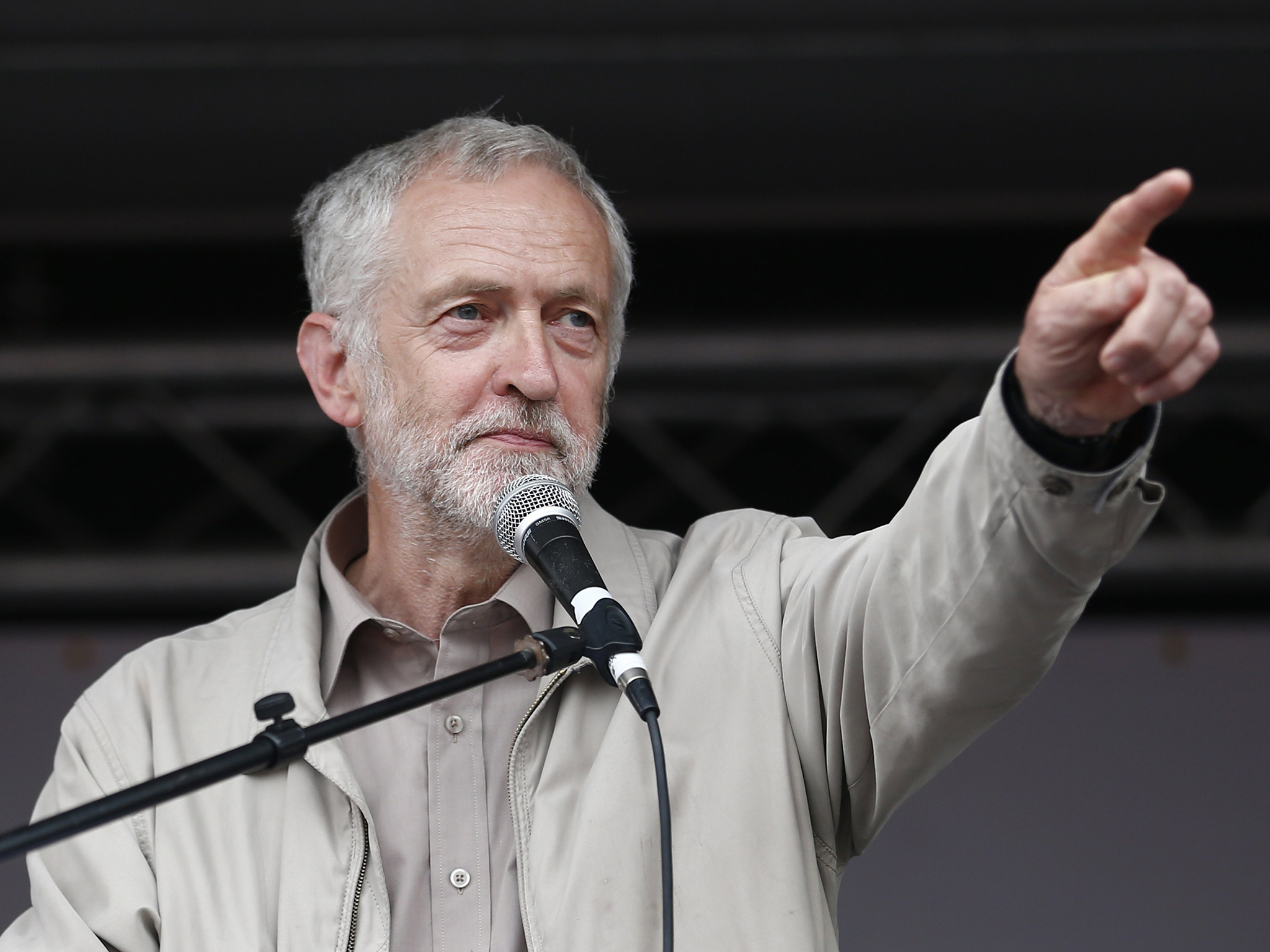
There couldn’t be a more stark illustration of what is wrong with our current political system – and why Jeremy Corbyn might break the mould – than this: the UK’s commercial lobbyists are in a huff because, for once (in the last 20 years, at least), they don’t have privileged access to the new Labour leader.
Lobbyists are used to having an inside track with politicians. They are paid to have relationships with, if not the politician, then their circle of advisors and allies. With Corbyn, they don’t. This poses a problem for them and their clients. It’s how they get their information and influence.
To be clear, there are obviously lobbyists that do have a direct line to camp Corbyn, notably some unions and a select group of NGOs and campaigners. What we’re talking about here, though, is the for-profit lobbyists-for-hire.
These political players, who work mainly for corporations, are a key part of the reason why 60 per cent of people in the UK think our government is ‘entirely’ or ‘to a large extent’ run by a few big entities acting in their own best interests. They also contribute to the belief among two thirds of the population that political parties in the UK are ‘corrupt’ or ‘extremely corrupt’, which surely helped Corbyn to victory.
“I know of nobody in the industry who is a Corbynite,’ one senior lobbyist told Public Affairs News’ David Singleton. He goes on to write: ‘Consultancies with strong links to Team Corbyn can be counted on the fingers of one hand. And you might still have five fingers spare.’
The industry’s trade mag recently found just one self-confessed Corbyn supporter among the 3-4000 commercial lobbyists working in and around Westminster.
Which begs the question: how on earth are these paid influencers going to sway the views and policies of HM Opposition?
(Note, lobbyists often work all parties, not just the one, or two in power. It helps them leverage change, plus they need to make sure relationships are solid with rising shadow ministers just in case they should ever be in government, which some lobbyists see as an unlikely event in the case of Team Corbyn).
The UK’s £2bn lobbying industry does have its fair share of lobbyists with Labour ties, but unsurprisingly, they tend to have come from the Blairite end of the party. Darren Murphy, for example, was a former special adviser to Blair and is now a director with Bell Pottinger (this is the lobbying firm that was employed by Assad’s wife). There’s also Portland boss and former deputy to Alastair Campbell, Tim Allan (a man who really, actually has been under paid contract to Putin).
Plenty of these lobbyists will no doubt be out in force at the Labour Party conference at the end of this month. The corporate sponsorship – the business stands, receptions, roundtables, lanyard advertising and branding of ‘pillars, stair risers and flagpoles’ – was all booked long before Corbyn’s rise.
A bun fight at conference’s annual business reception, however, is unlikely. As one Labour lobbyist told PAN: “The idea that the Labour party under Jeremy becomes a beast that no-one can deal with is completely ridiculous”.
How then should lobbyists go about influencing Labour under Corbyn? Nick Laitner, MD at prominent lobbying firm MHP, has a cunning plan. Predicting divisions within the party, Laitner advocates ‘picking off individual MPs and factions within the Party… to ensure support for an issue or policy.’
I have another suggestion for the UK’s corporate lobbyists. Jeremy Corbyn has said that his first PMQs will be crowdsourced. He has invited members of the public to suggest questions that they would like the PM to answer. Why not submit your clients’ policy ideas to him this way.
‘Mr Corbyn, could you ask David Cameron if my client can have another tax break?’; ‘Jeremy, could you ask the Prime Minister when private companies will be allowed to run schools for profit?’; or ‘Could you demand that the government overrides the will of communities and allows us to frack the nation now, please?’
Their questions may be chosen. Or Corbyn may think that other, more pressing issues require the PM’s attention.
In the meantime, they can always call up one of their former colleagues/personal friends/relatives in the Conservative Party. Have a quiet word in their ear. They’re always pretty attentive.
Or, join the orderly queue of people wanting to talk to Corbyn.
source




Huff, much? Corruption, much?
The “for-profit lobbyists-for-hire” you describe are hopefully experiencing the same level of discomfiture as their activities create.
Marvellous!